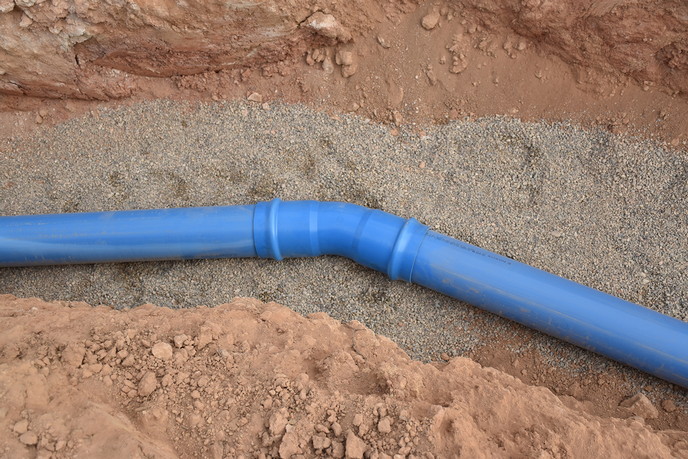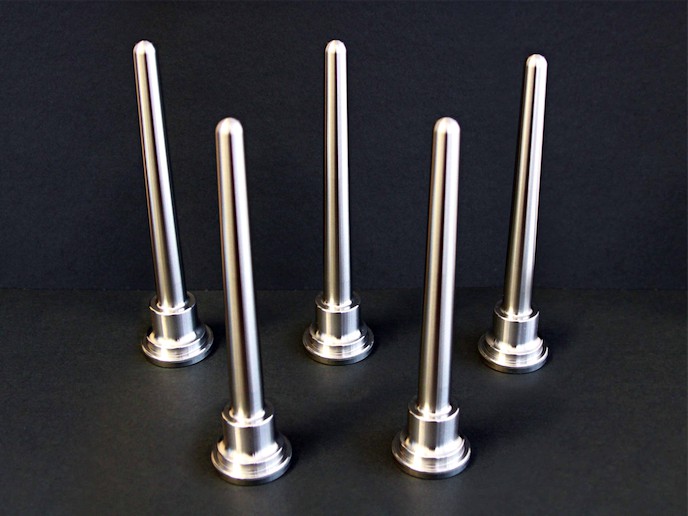The European security challenge
One of the EU's main backbones for progress and development is its focus on innovation and research. A particularly effective way of encouraging flexible and forward-thinking SMEs to innovate in numerous fields is by launching unique prize competitions. This is what the EU-funded project 'European security challenge' (ESC) successfully prepared in the field of safety and security. The project advanced security innovation by designing prize competitions to stimulate technical innovations in the field. It first analysed data from past competitions of over 500 British SMEs and interviewed stakeholders to show how both innovators and sponsors can benefit from prizes. In brief, the benefits include superlative media coverage for all parties and increased funding opportunities to exploit innovation. Armed with this information, the project – which in itself is a highly innovative endeavour – created three forward-thinking security scenarios or challenges to represent SME competitions. The first was a crisis response challenge for developing an unmanned aerial vehicle that can assist in emergency response to disasters. It requires unmanned aerial systems to avoid collisions, land in emergencies and cope with disrupted communications. Another competition concept, dubbed the citizen's frontline emergency response challenge, called for developing tools to protect citizens during crisis situations like earthquakes, tsunamis or terror attacks. This would be based on smartphone, social media and computer application technologies that save lives, considering pre-crisis, mid-crisis and post-crisis response. With respect to the third challenge, the ESC designed the Cloud Castle competition aimed to create an open source software repository that advances cyber security and cloud computing protection. Entrants would be invited to improve the defences of three online sites with different operating systems (Cloud Castles) over the period of one year. The challenge is to conduct cyber attacks and retrieve concealed data in order to devise stronger defences for each Castle. These three out-of-the-box challenges serve as excellent examples of how SMEs could save lives and enhance security, both through the virtual world and in the real world. If the three challenges become fully fledged competitions, Europe and even the rest of the world will have several new technologies to improve the safety and security of people across the planet.







